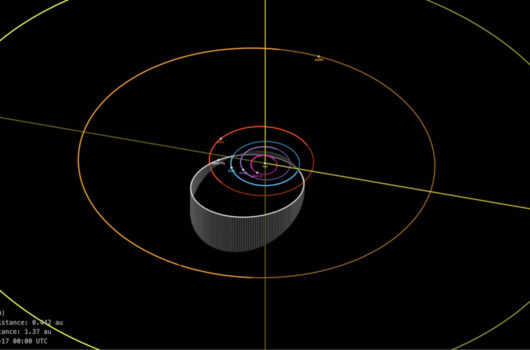Exploring the dark sector with gravitational waves
Exploring the dark sector with gravitational waves
Please contact divya.singh@berkeley.edu or tianqi.zhao@berkeley.edu for zoom links.
Dark matter could compose ~80% of all matter in the universe, and yet it is completely invisible to us. Despite decades of experiments designed to detect dark matter, and numerous models for potential dark matter particles, no concrete evidence has been put forward to support the existence of beyond standard-model physics. Because of this, it is worth asking whether approaching the detection of dark matter from a different point of view, that is, via gravitational waves, could provide some insight into explaining the origin of dark matter. In this talk, I will discuss the prospects for using gravitational-wave interferometers to search for dark matter in two forms: ultralight particle dark matter and sub-solar mass primordial black holes. While not designed to search for dark matter, gravitational-wave detectors can robustly probe a variety of dark-matter models simultaneously, without affecting their sensitivity to canonical gravitational-wave sources, and put competitive and sometimes even stronger constraints than those from other experiments designed to search for dark matter.



